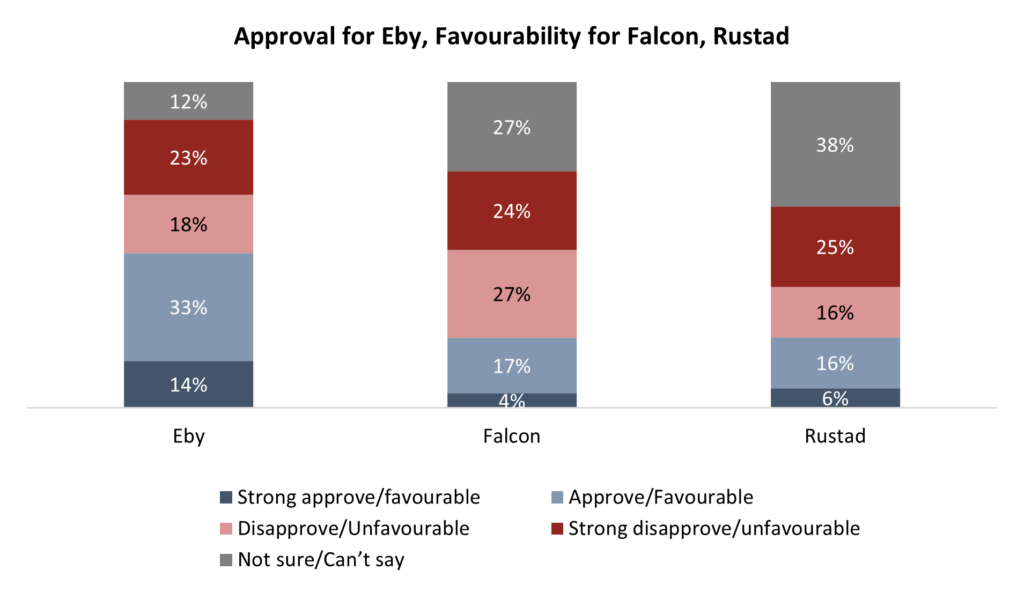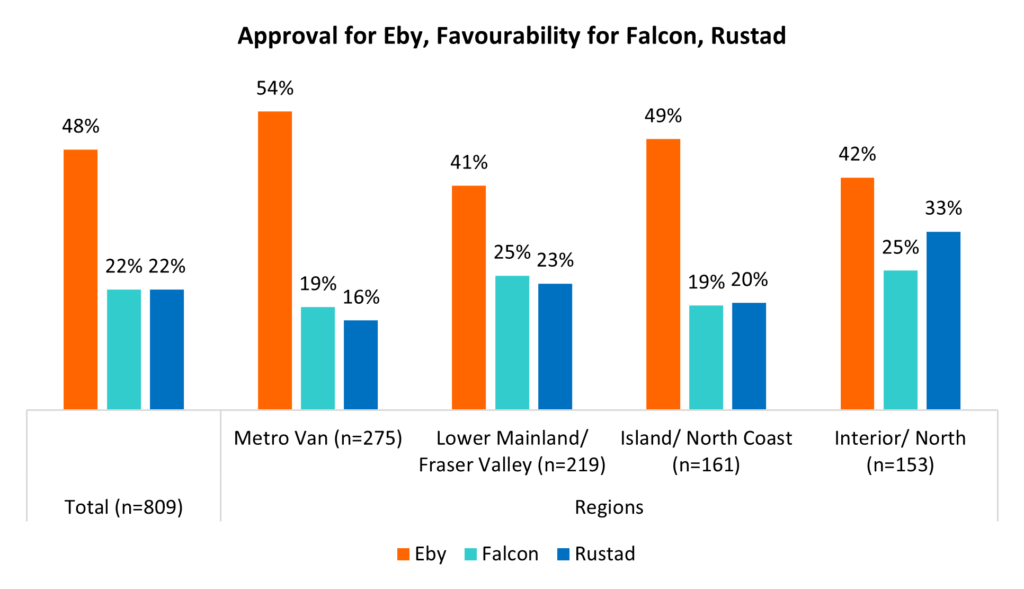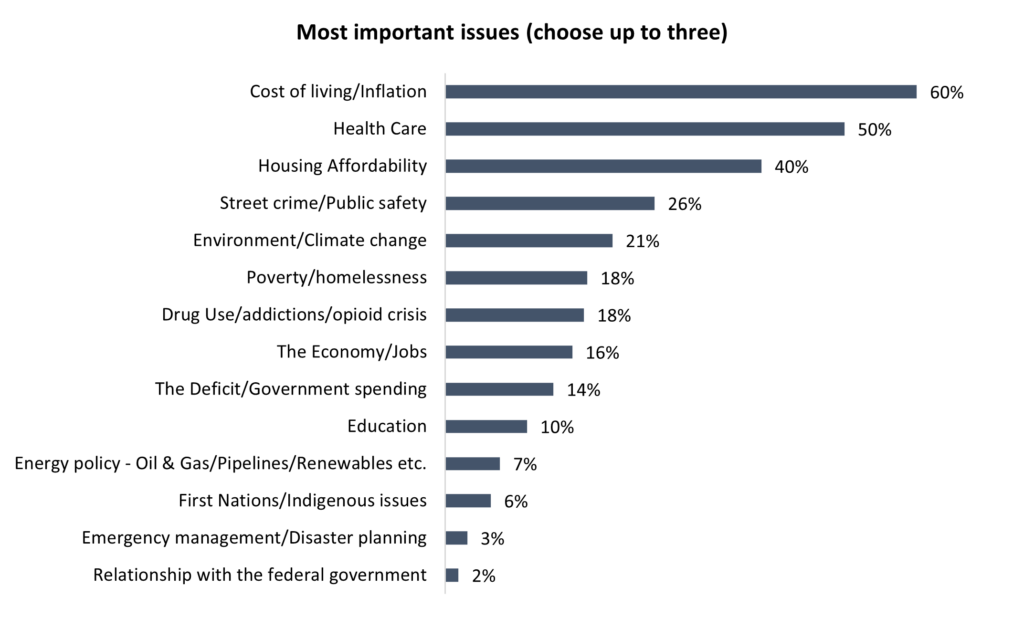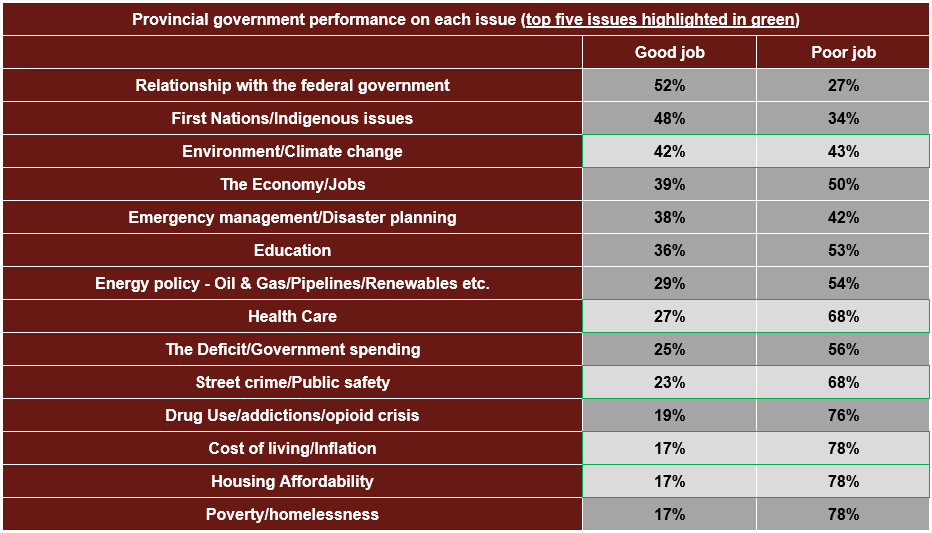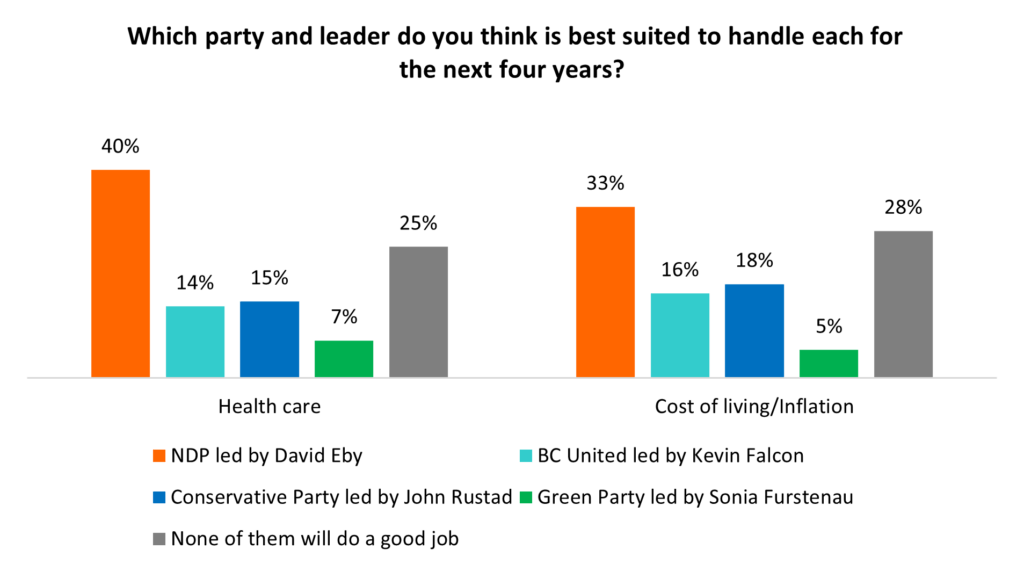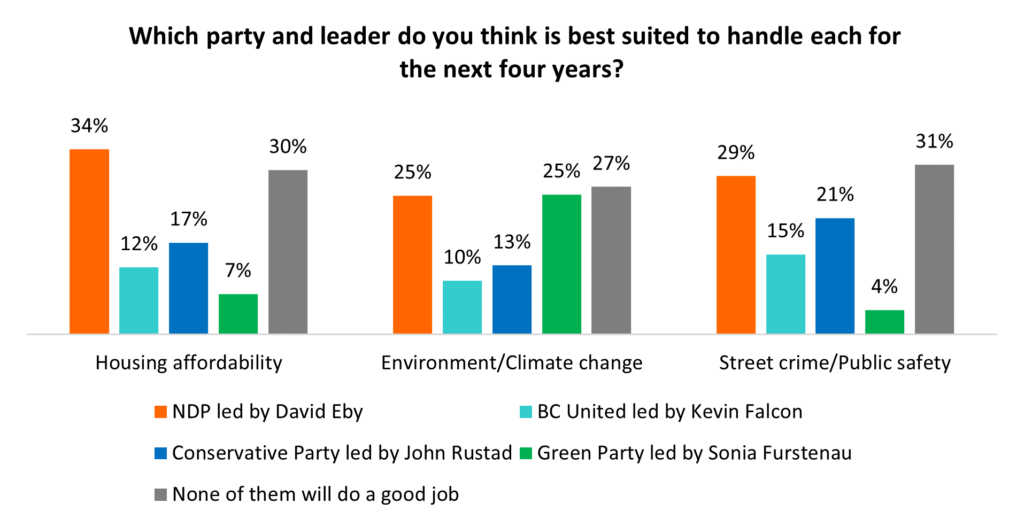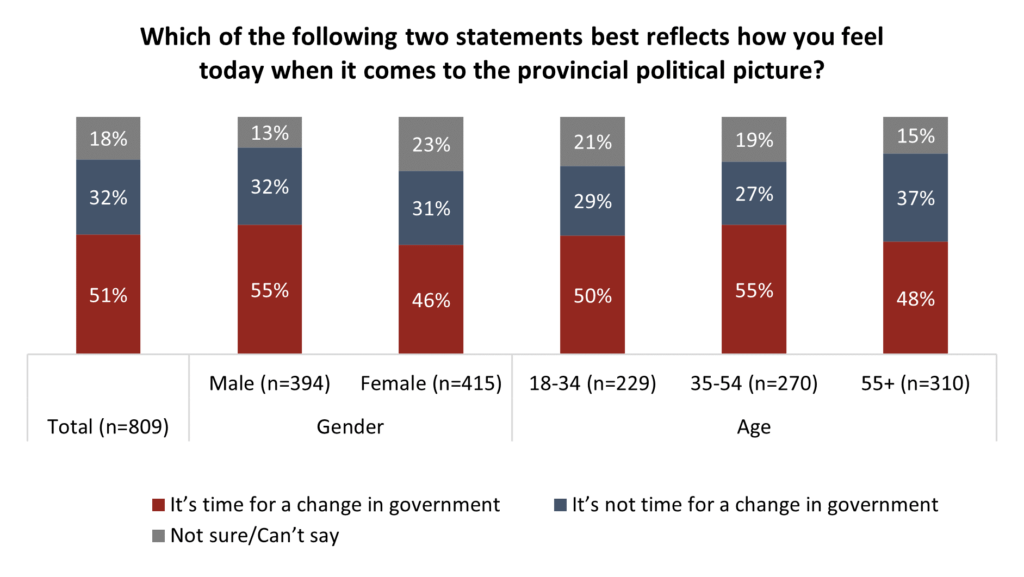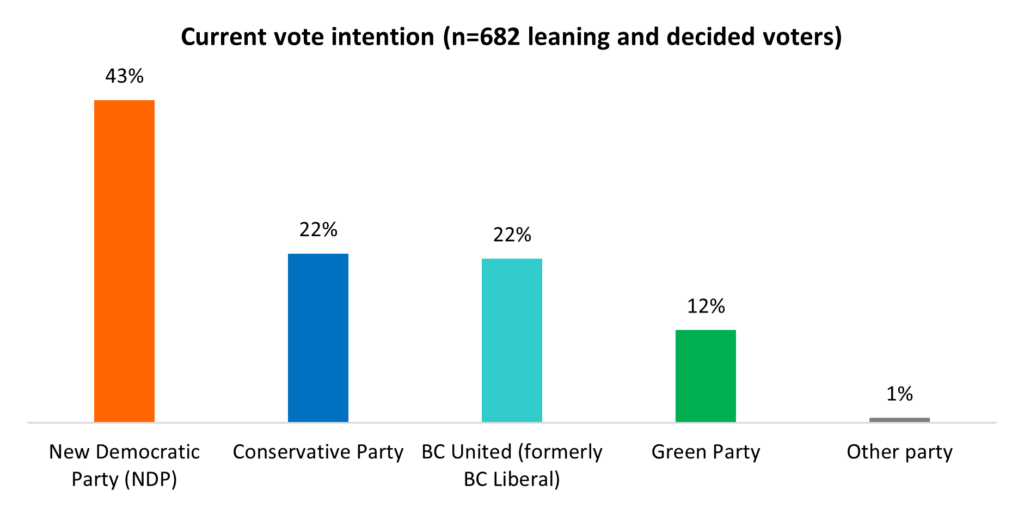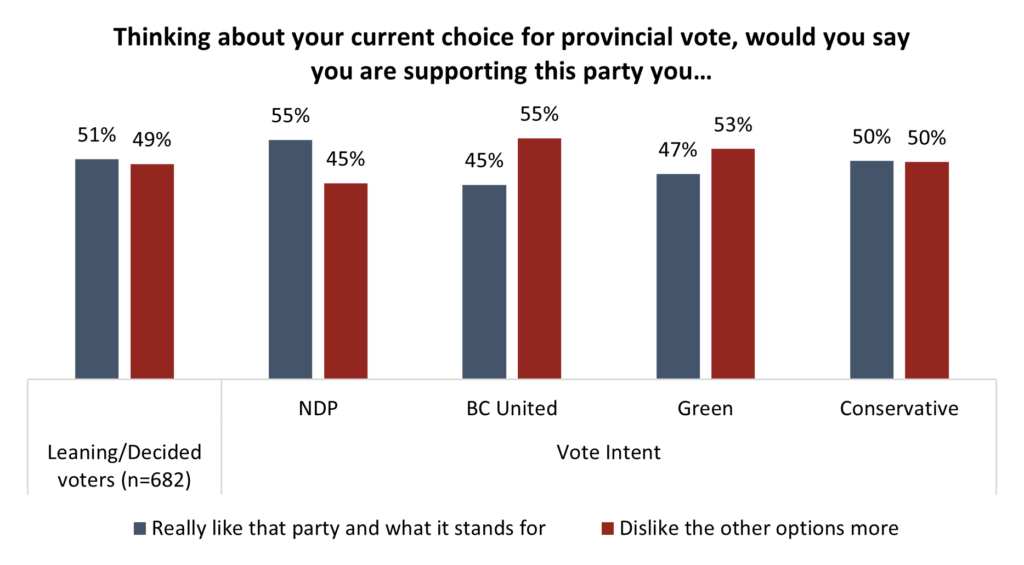drift...
‘Spend as Much Lifting Our People Up as Pushing Them Down’
BC Green Party MLA Adam Olsen is calling on B.C.’s minister of public safety to form a special policing unit dedicated to investigating the suspicious deaths and disappearances of First Nations people in the province.
Olsen, who is from the Tsartlip First Nation and represents Saanich North and the Islands, said he’d like to see B.C. investing as much in protecting First Nations people as it does in policing opposition to resource development — opposition that is frequently Indigenous-led and generally occurs in remote areas, such as the Wet’suwet’en opposition to the Coastal GasLink pipeline through northern B.C.
In 2017, the RCMP formed the Community-Industry Response Group, or C-IRG, to enforce protest-related injunctions granted to industry. Over the past five years, the force has spent more than $60 million on the unit, according to records obtained through access to information laws.
Most of that went to break up demonstrations against pipelines and old-growth logging. Under its policing agreement with the RCMP, B.C. is responsible for 70 per cent of that cost, roughly $42 million.
quote:
“We’ve seen this minister of public safety’s response to protecting the premier’s pipelines. He stood up a special unit called the Community-Industry Response Group,” Olsen said. “When will the minister of public safety spend as much lifting our people up as he is spending pushing them down?”
....end drift.


